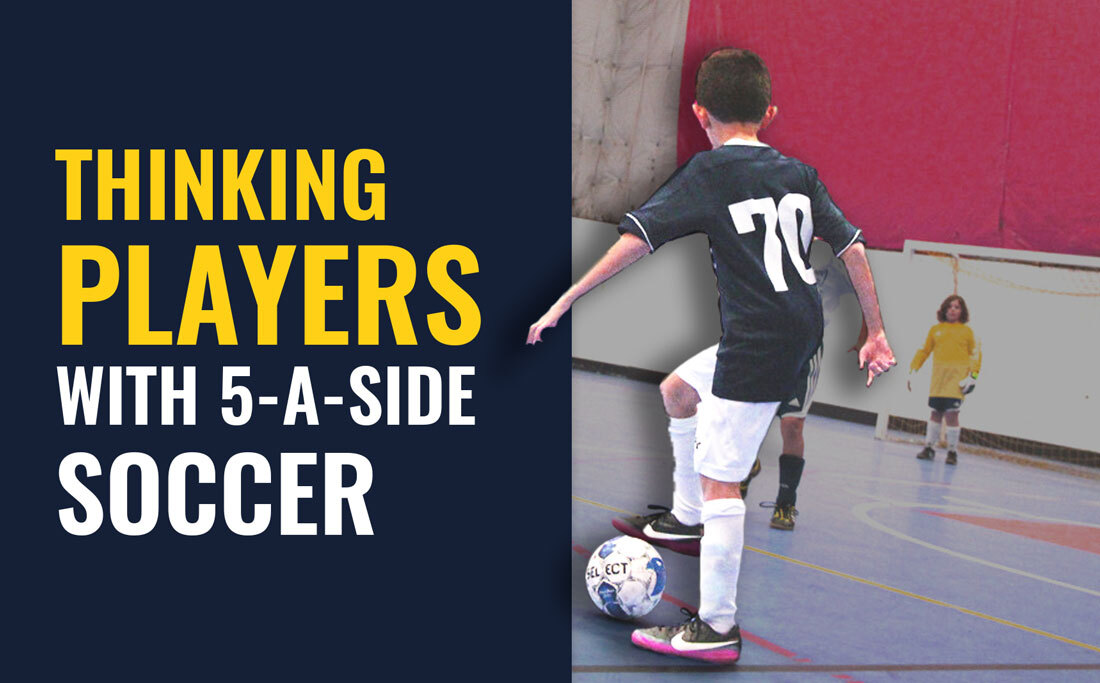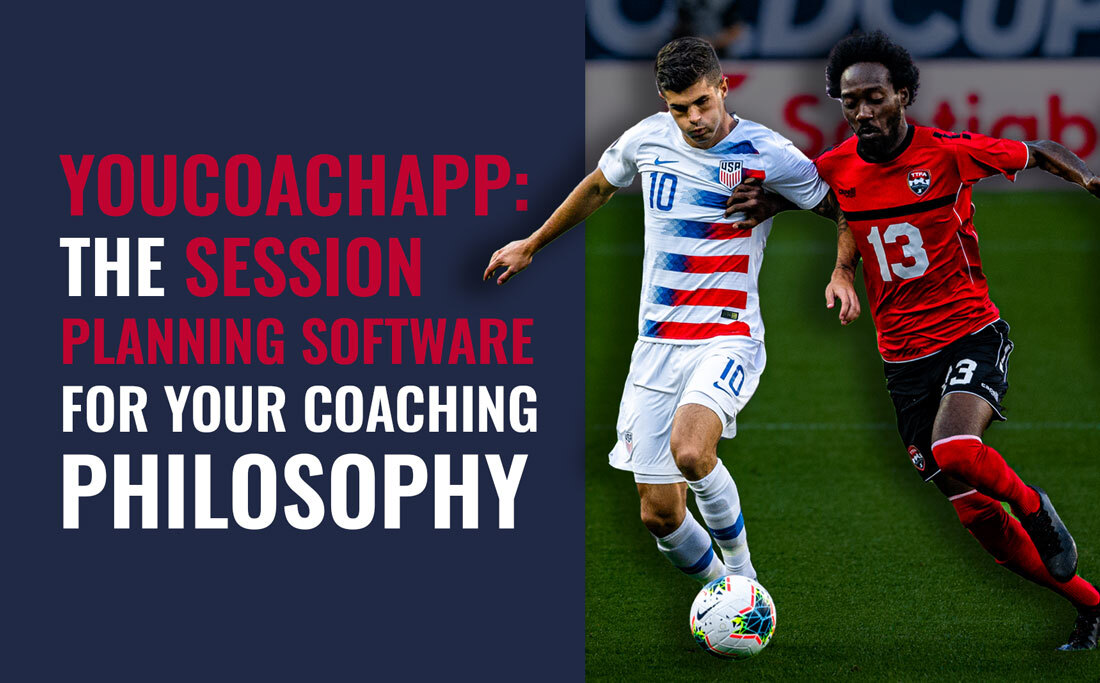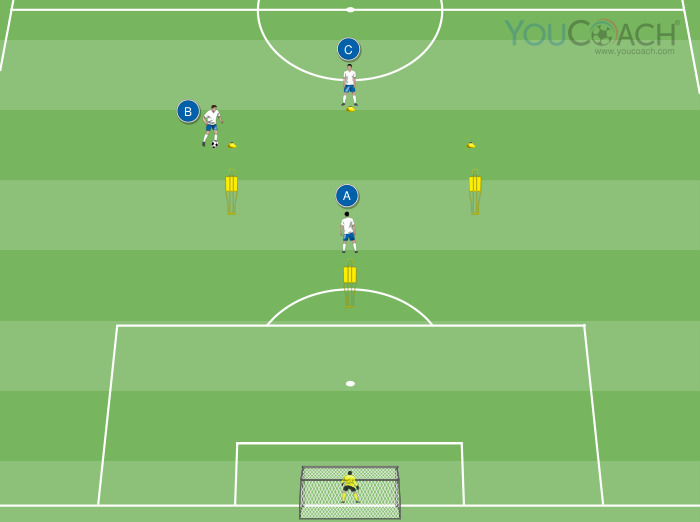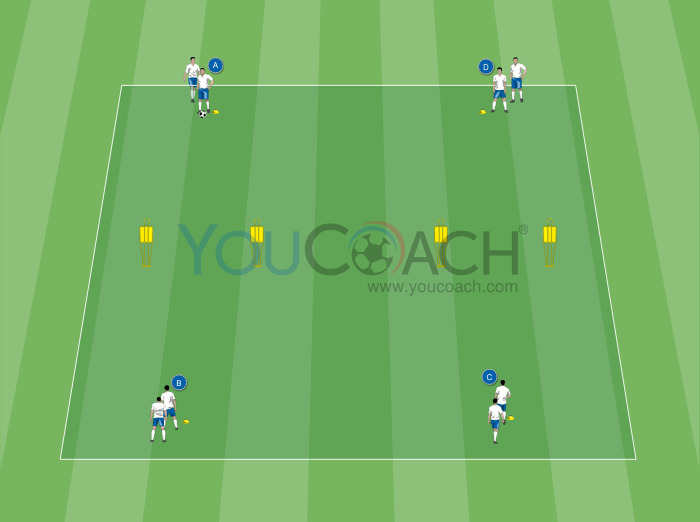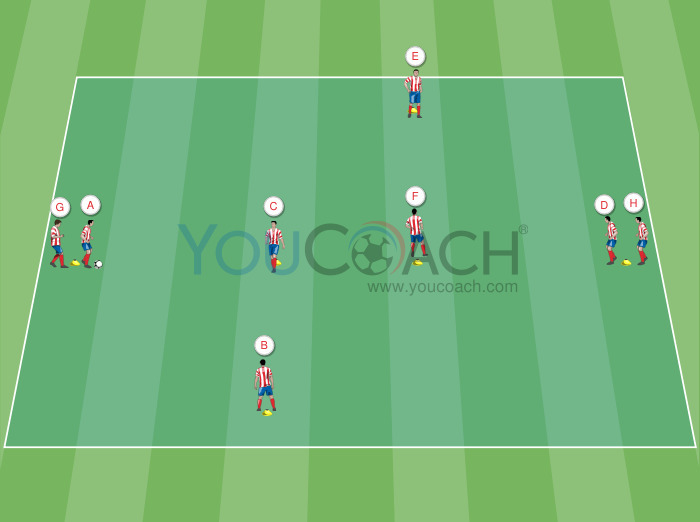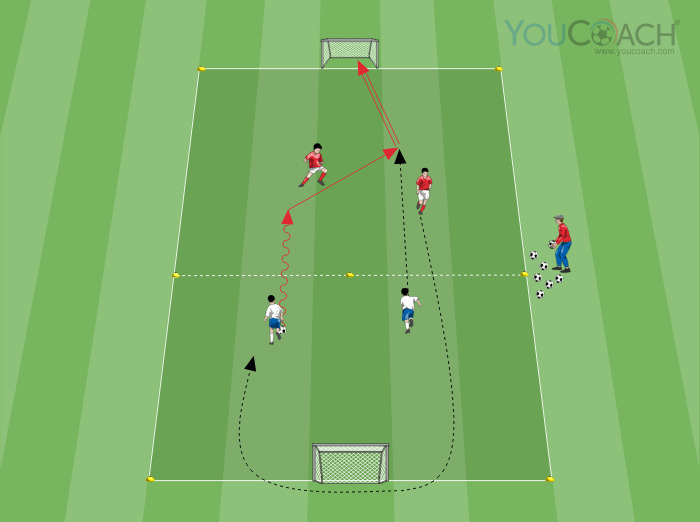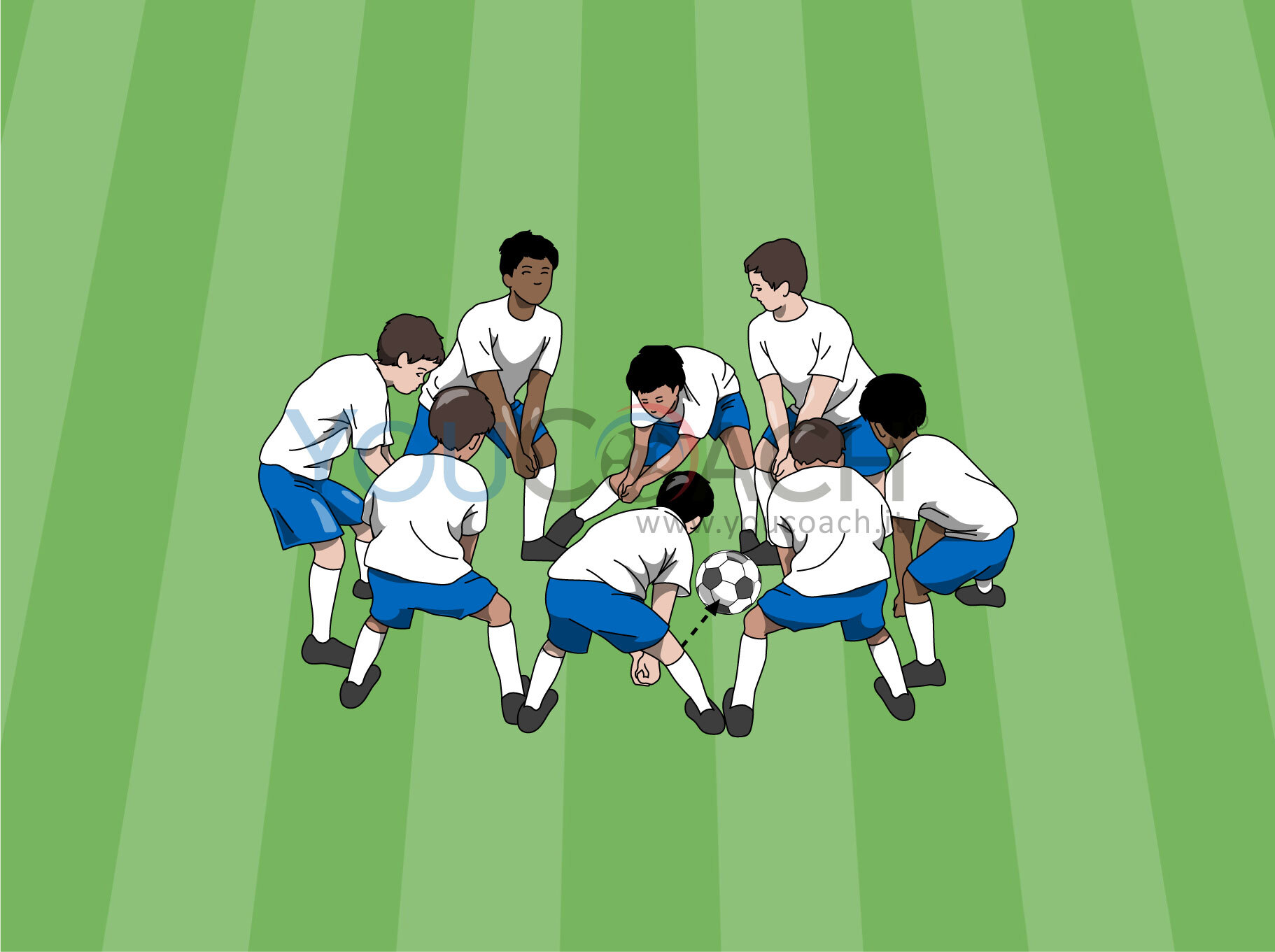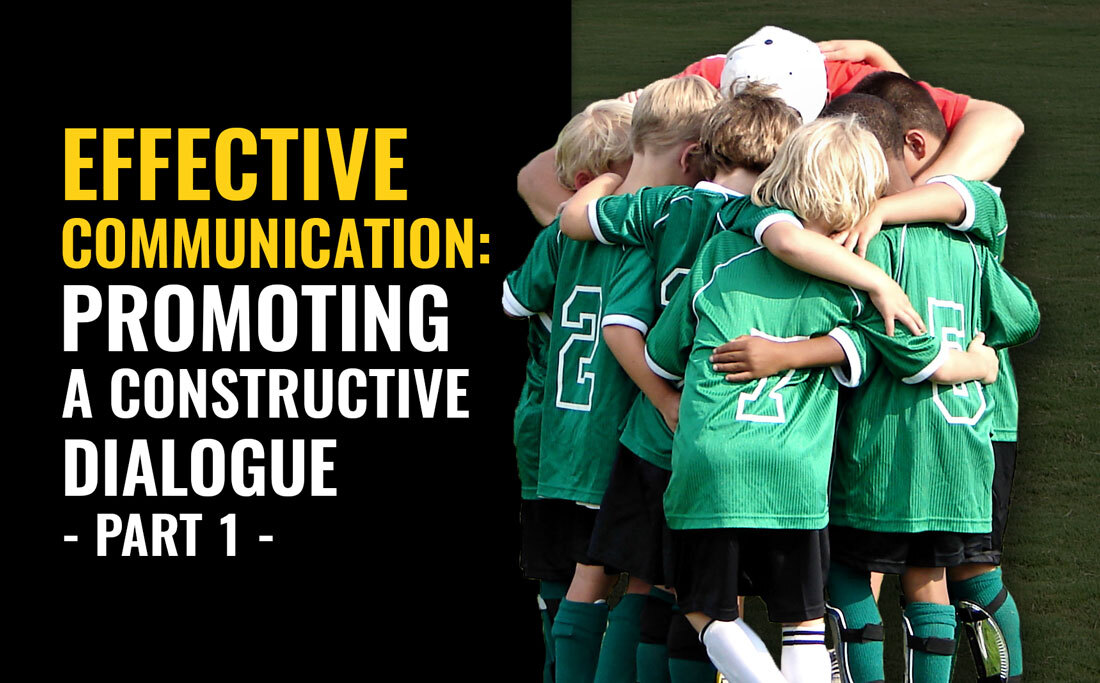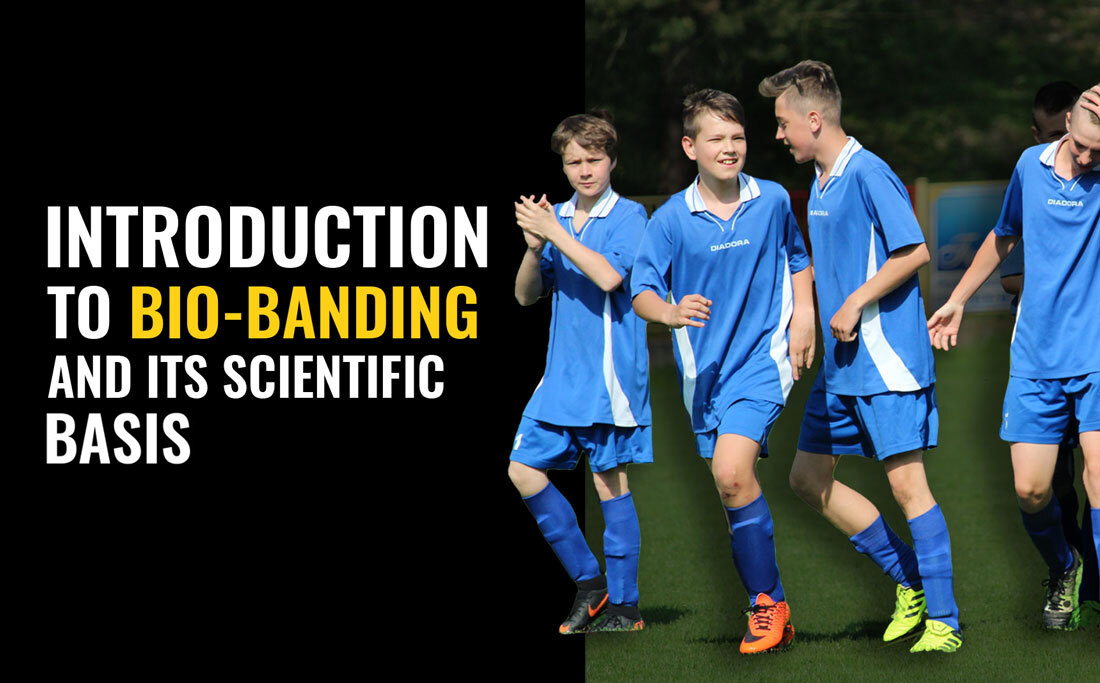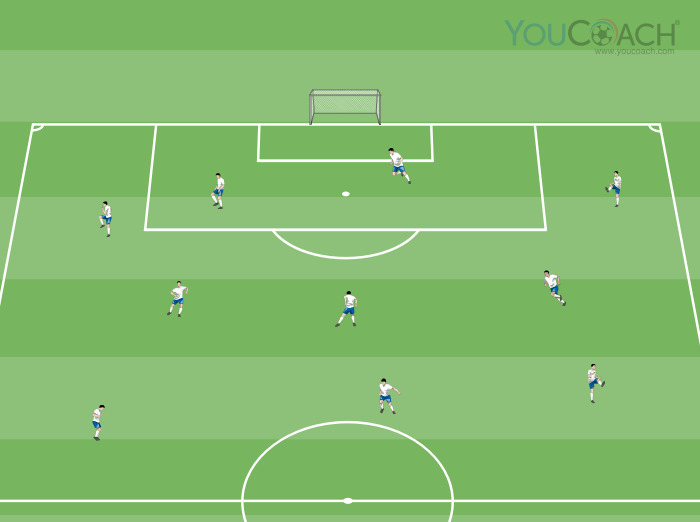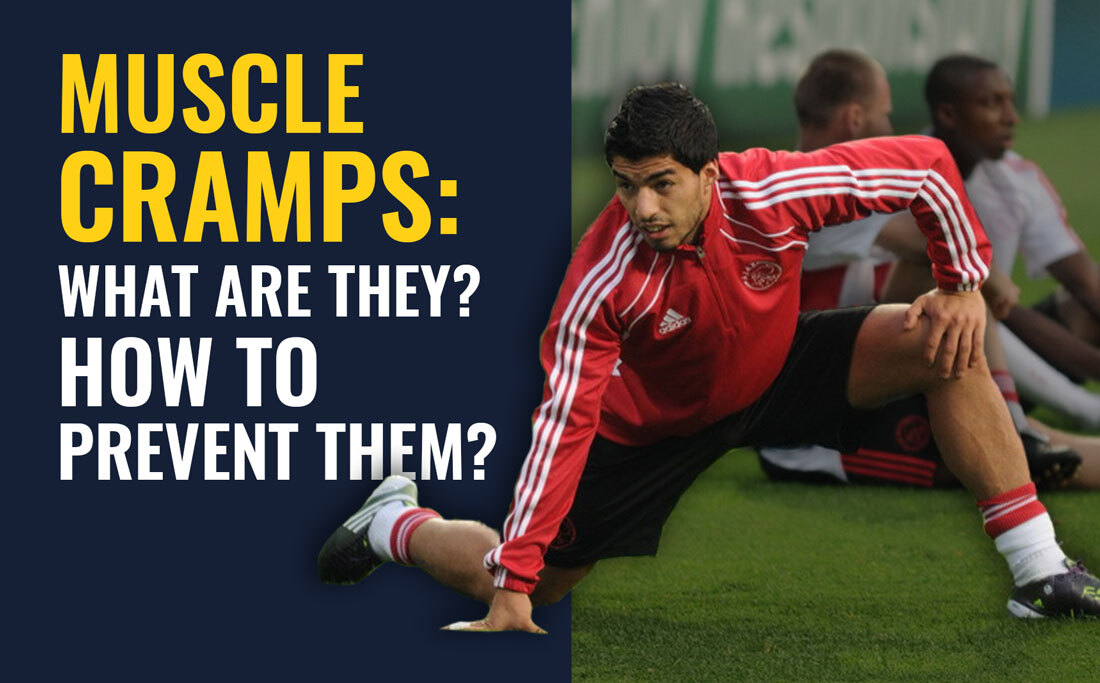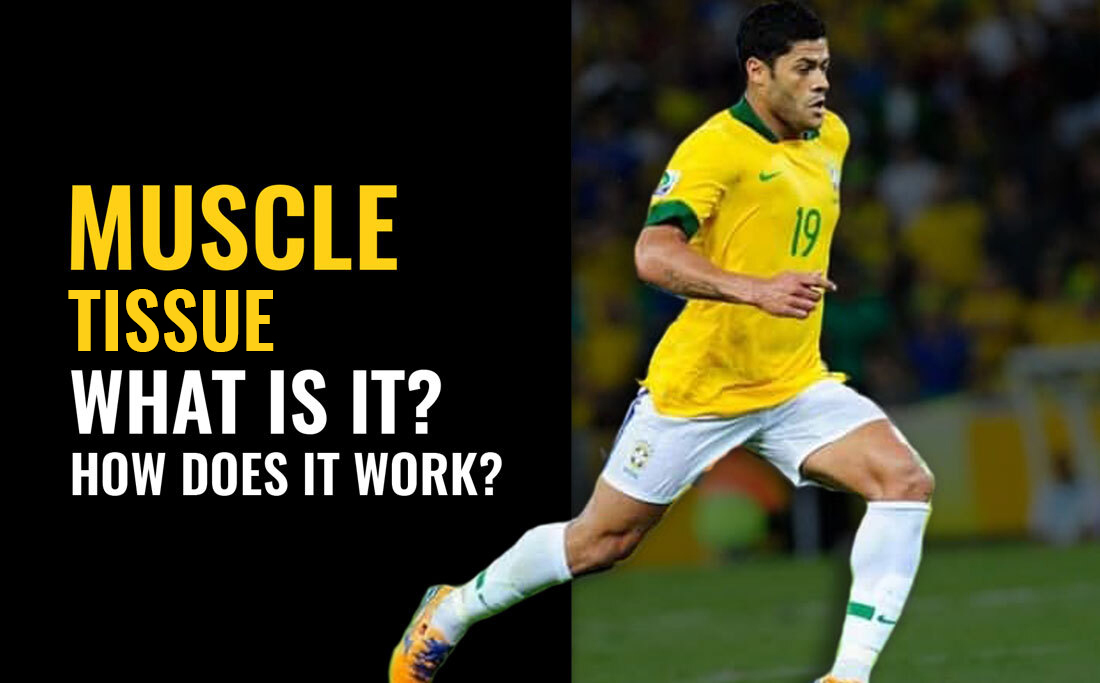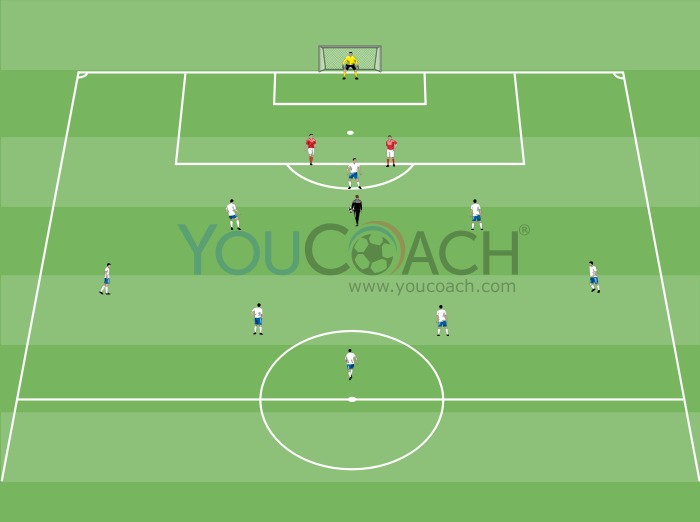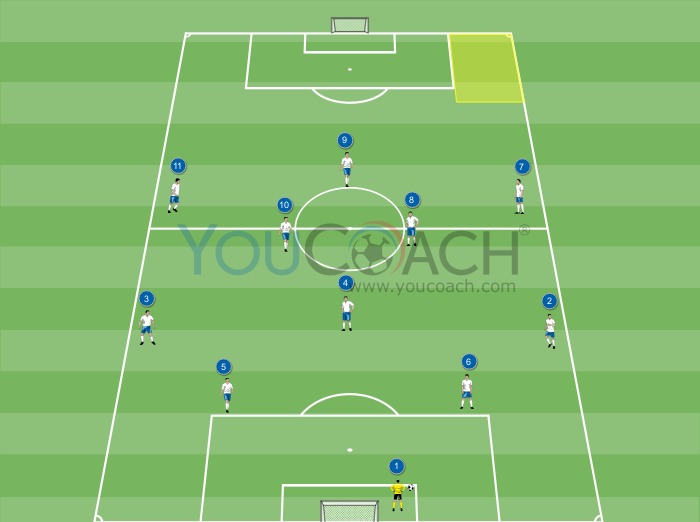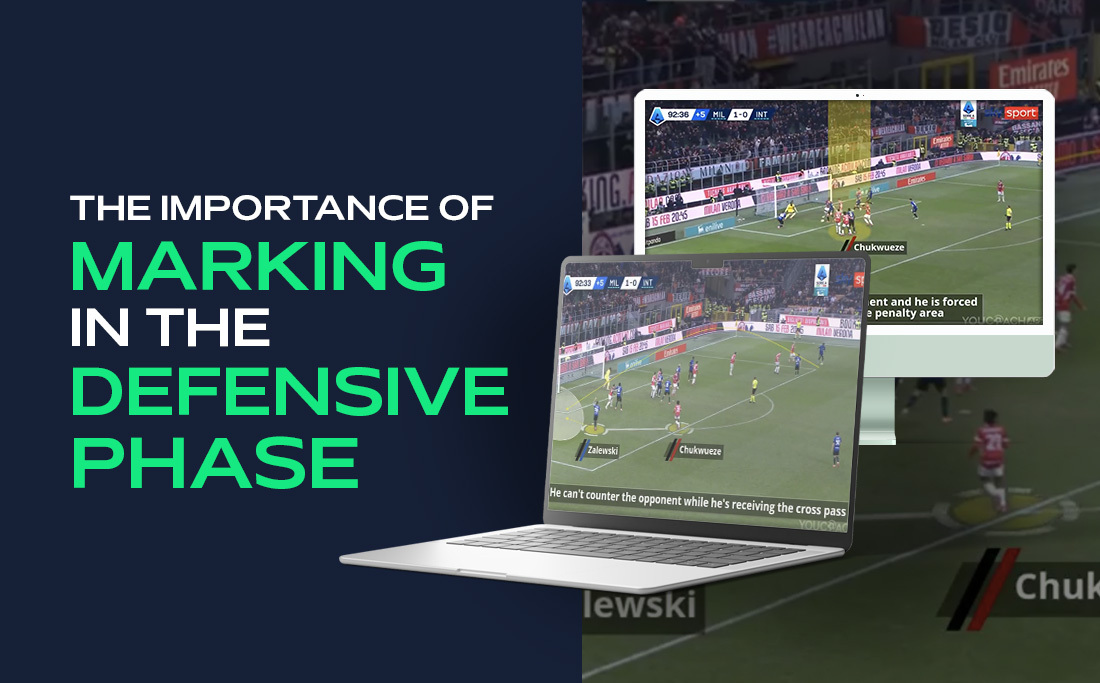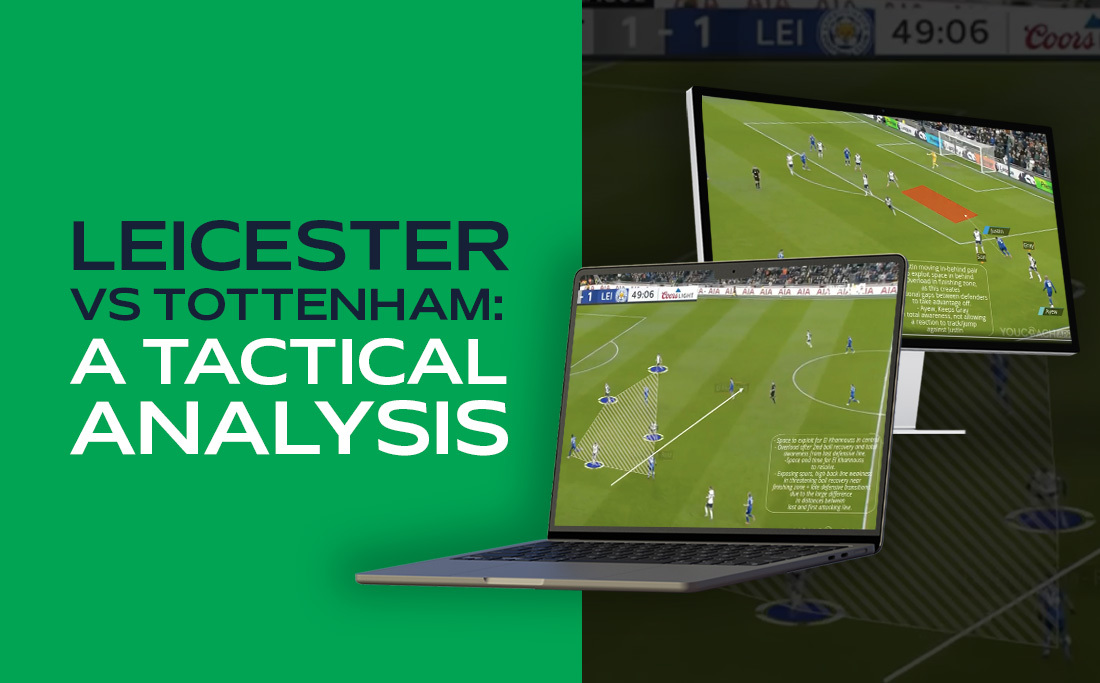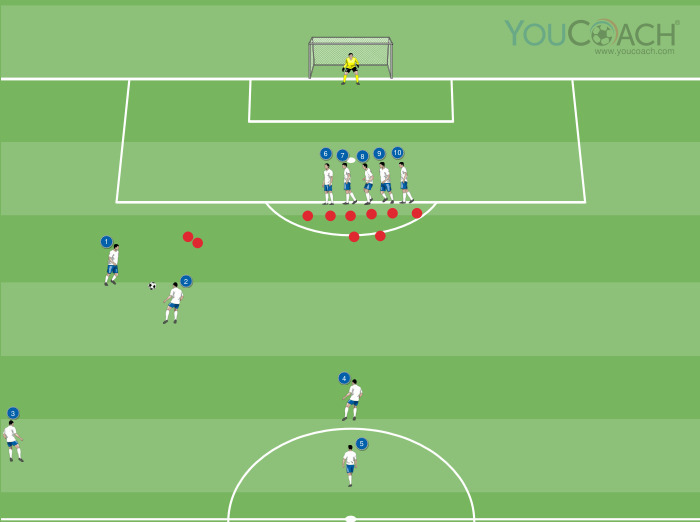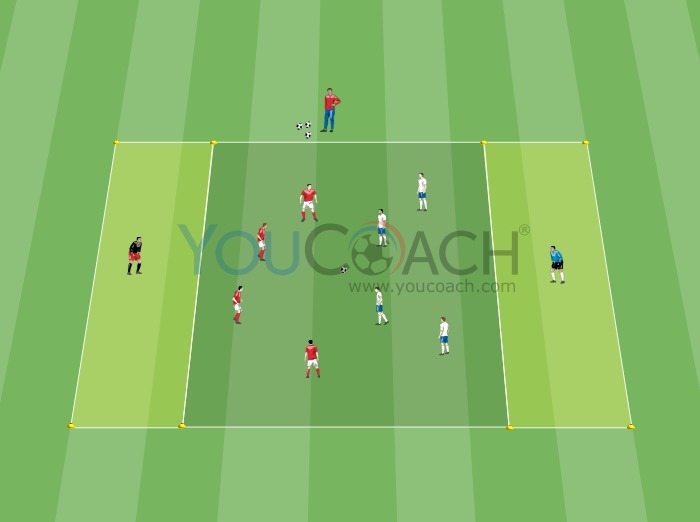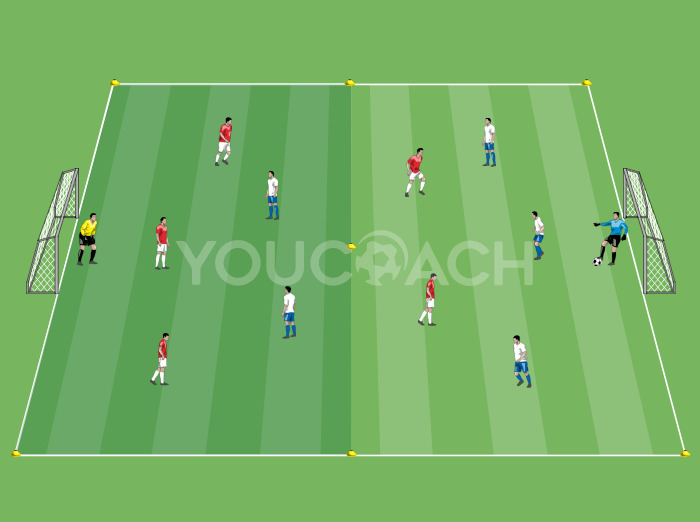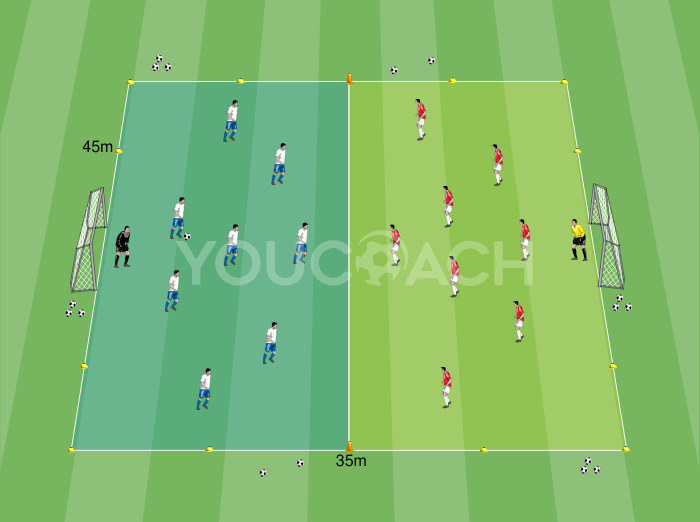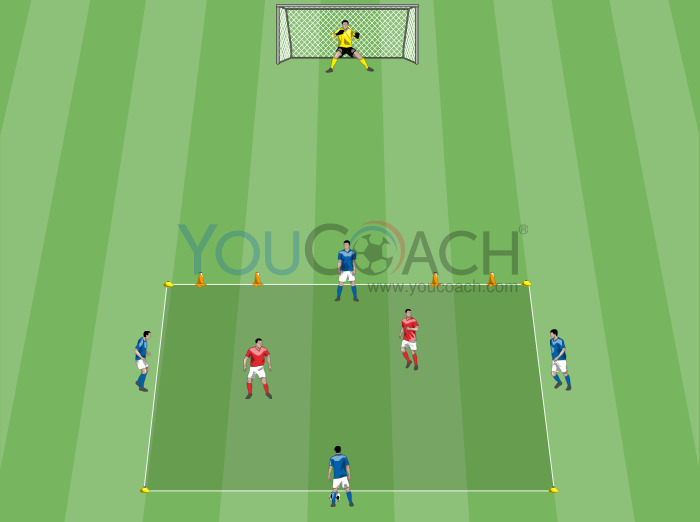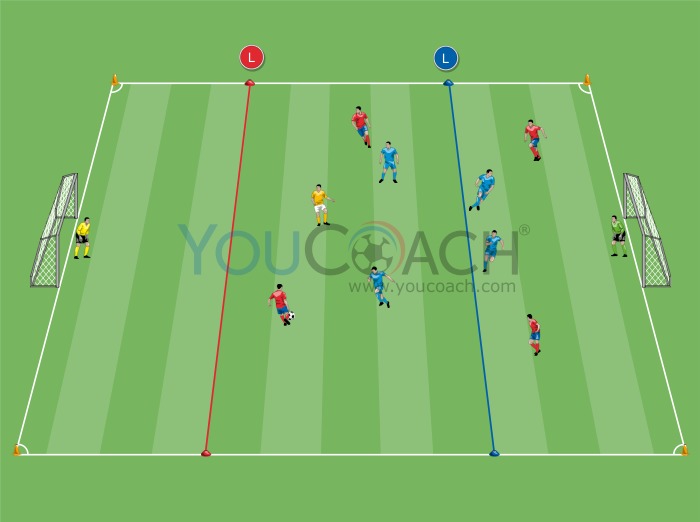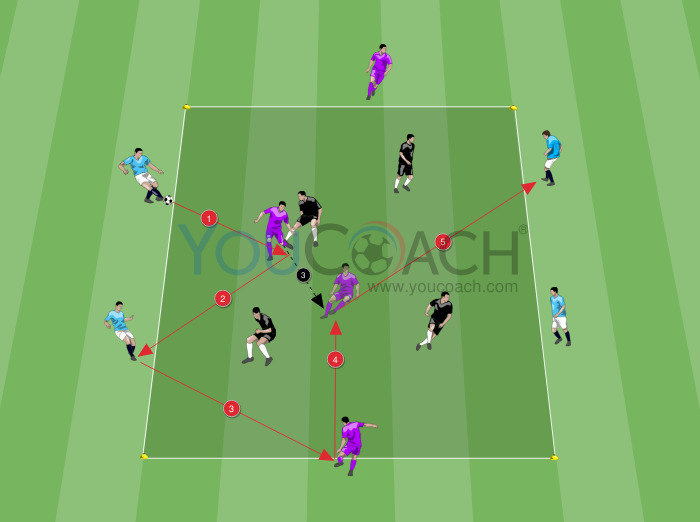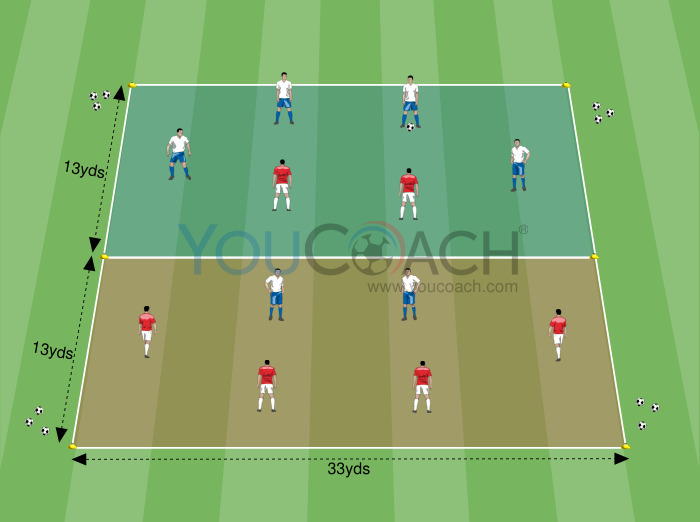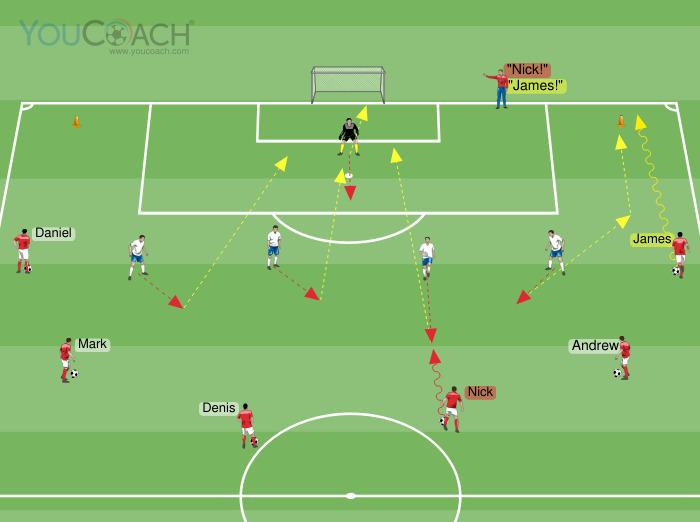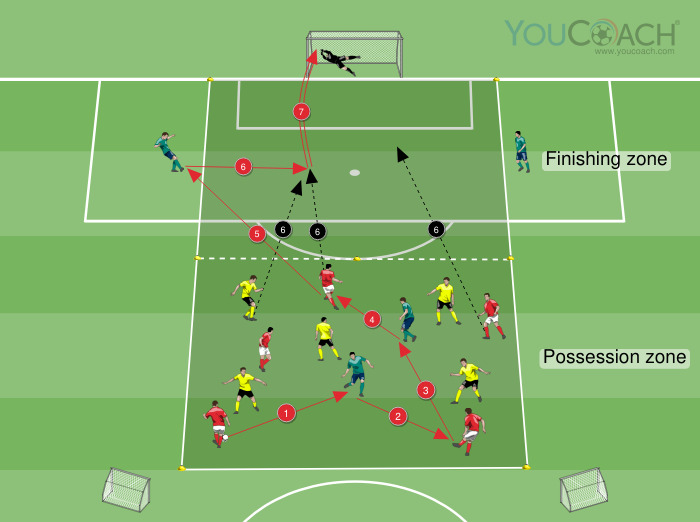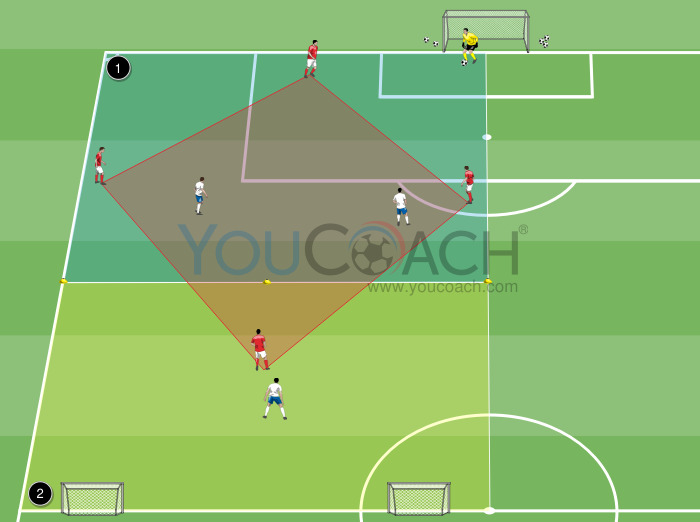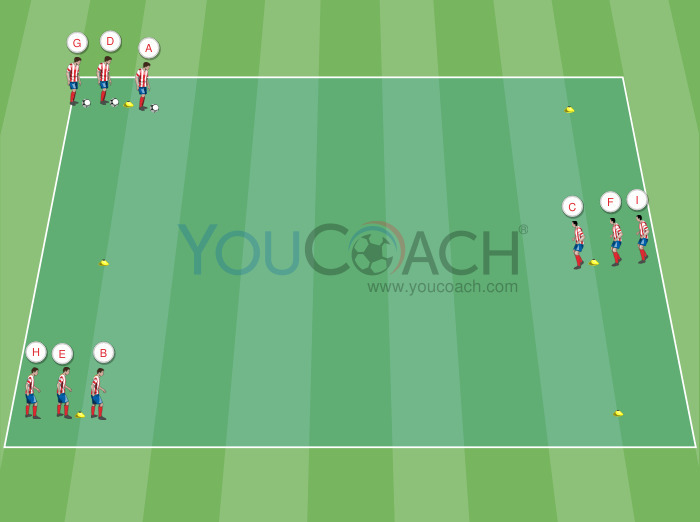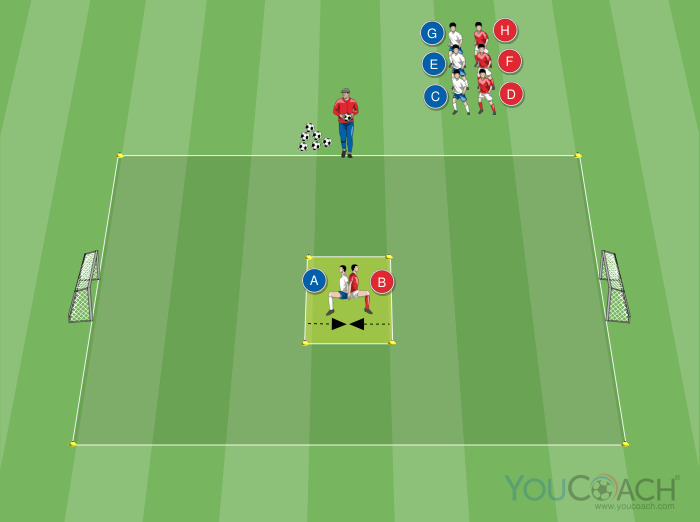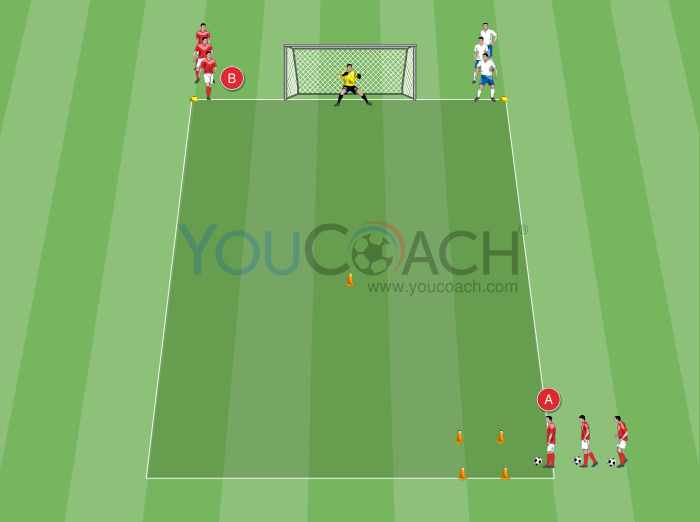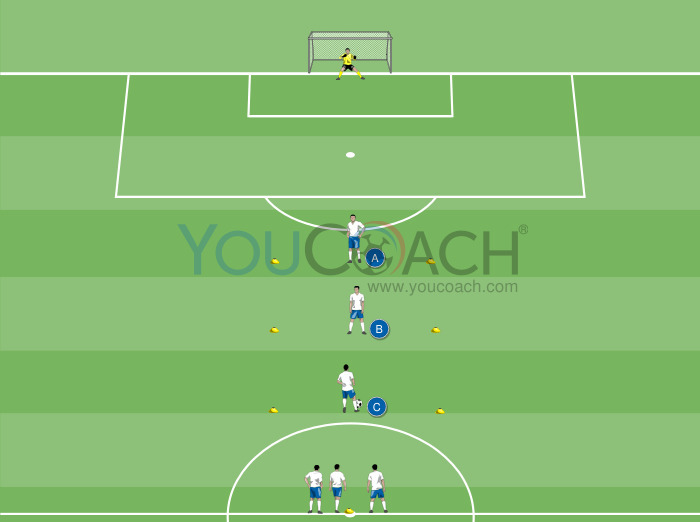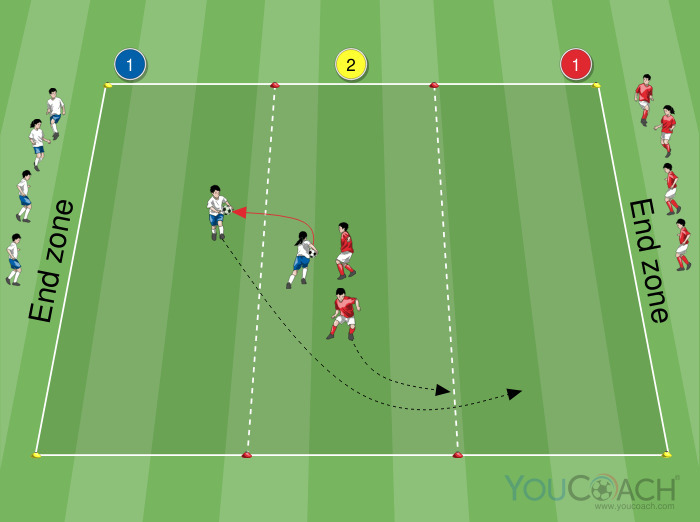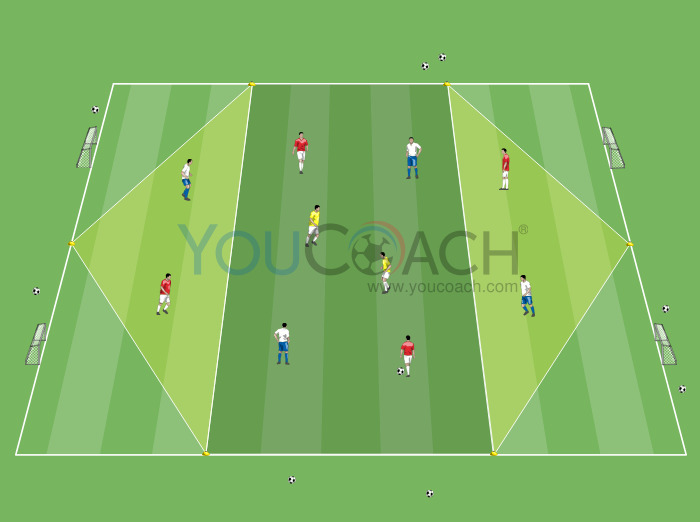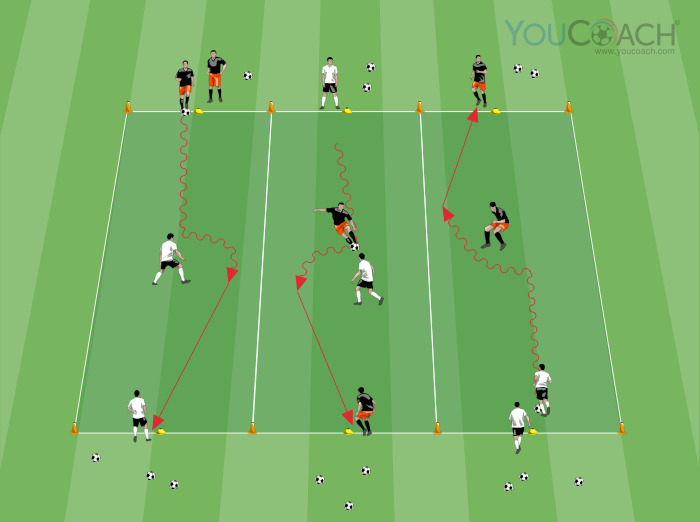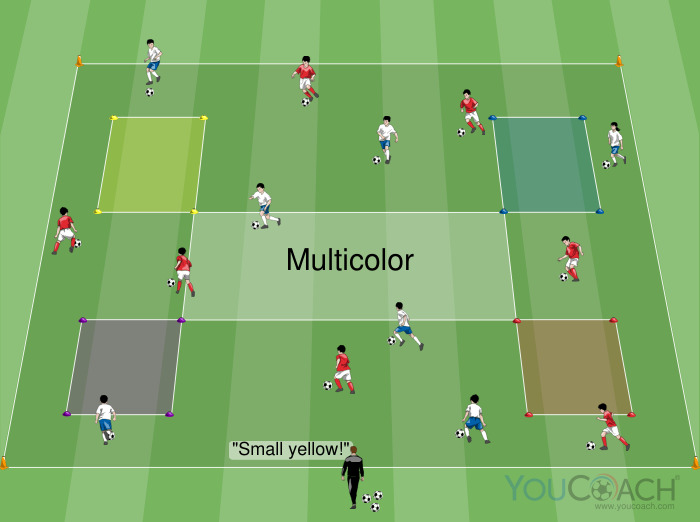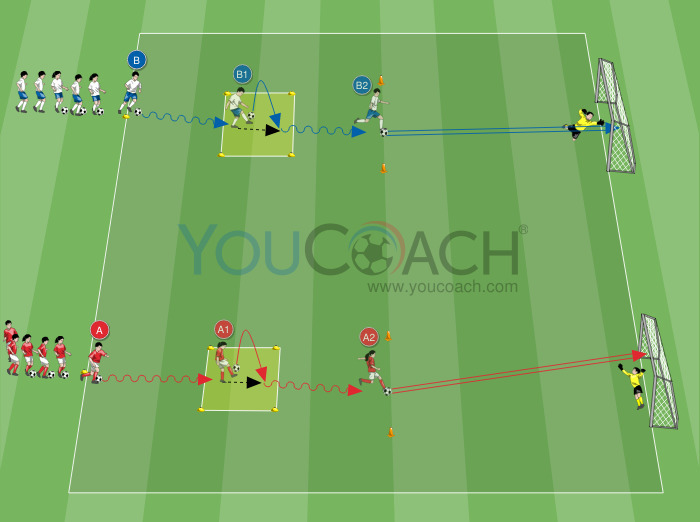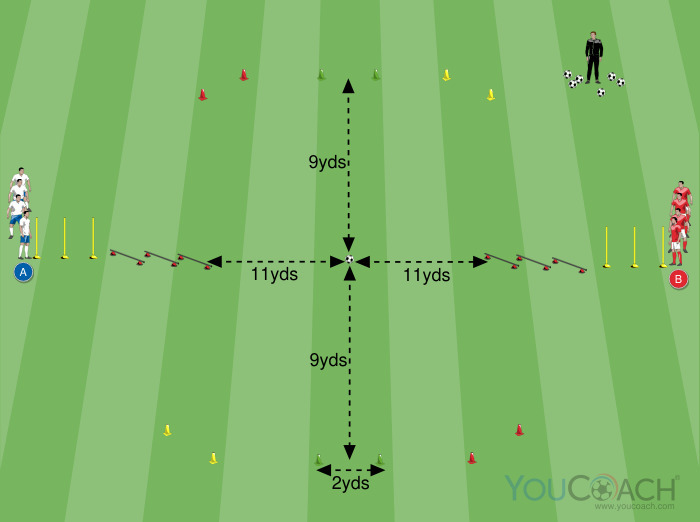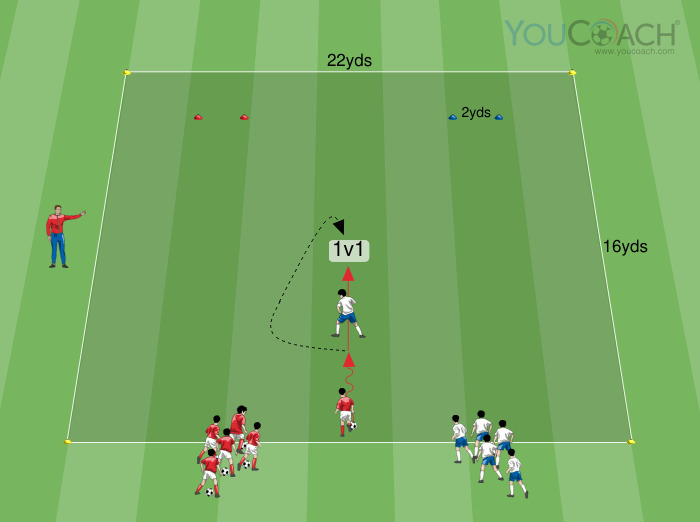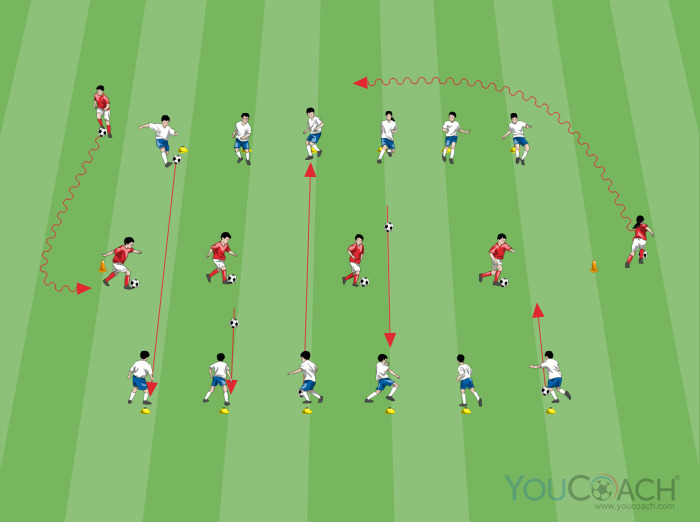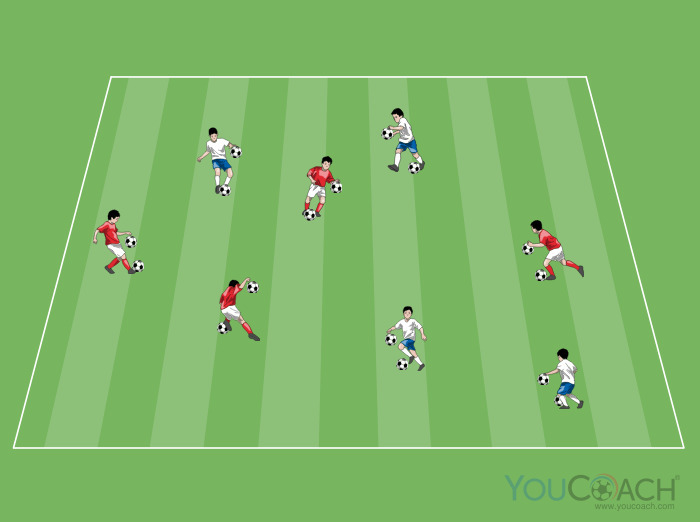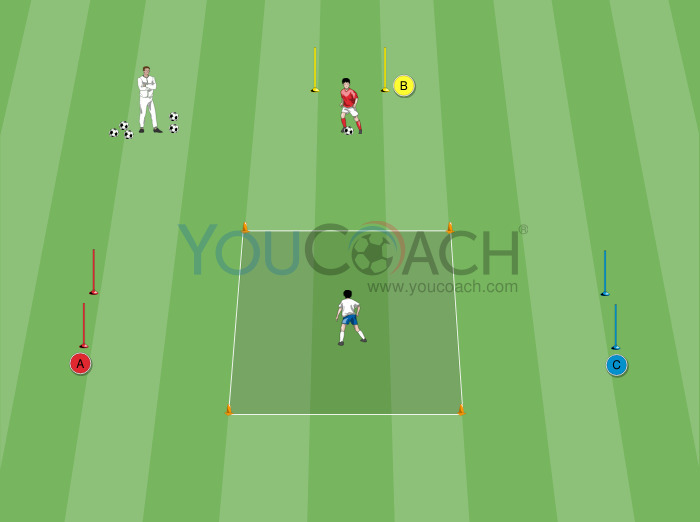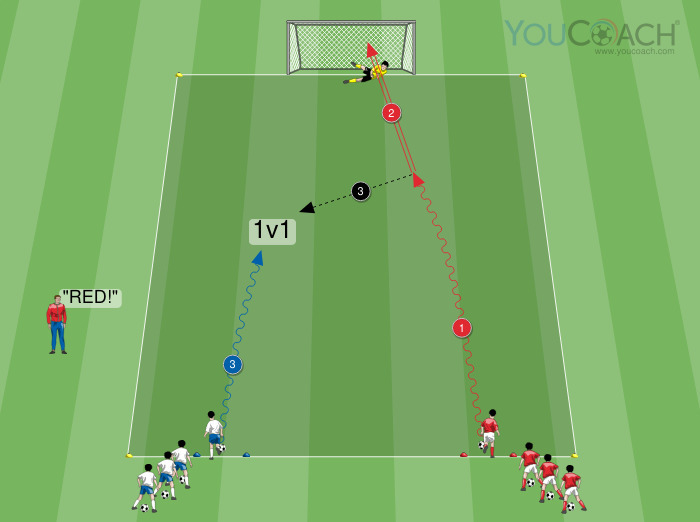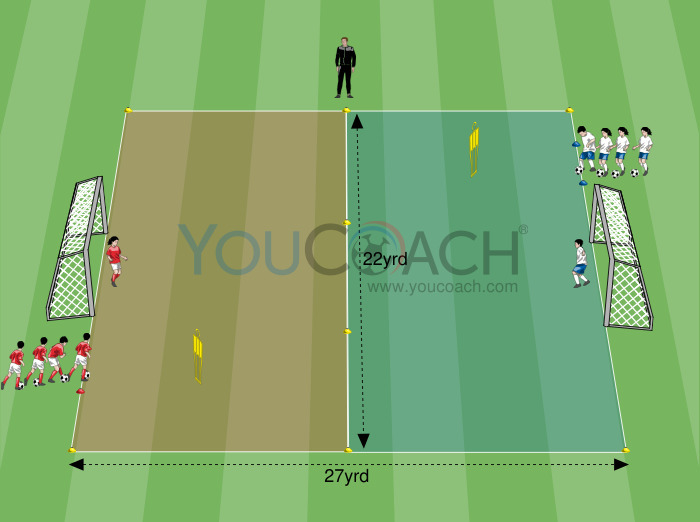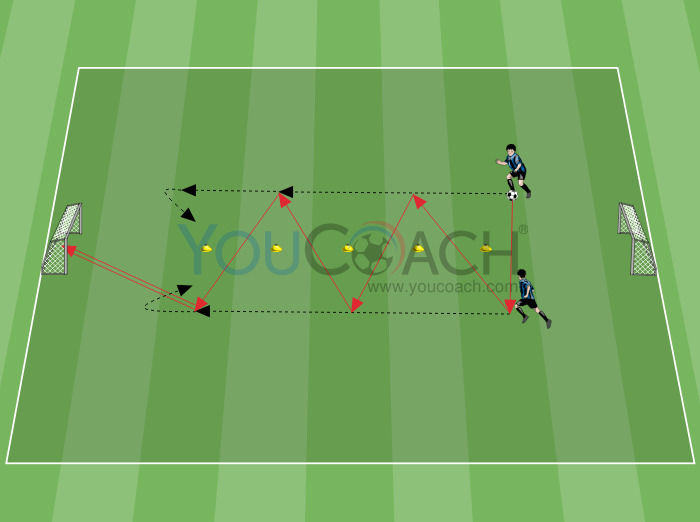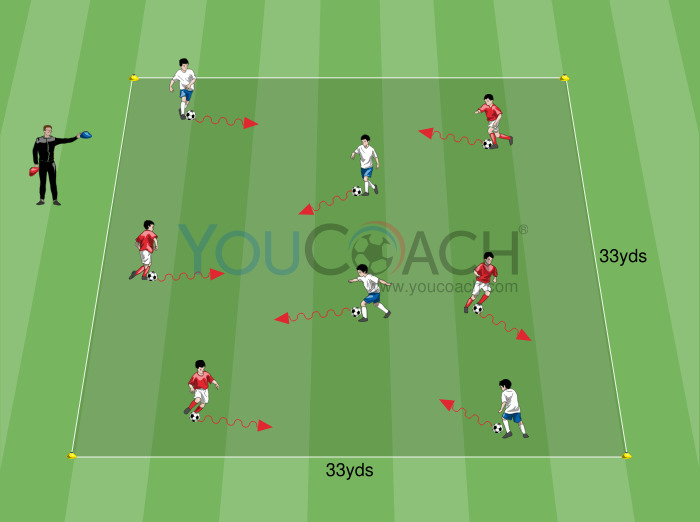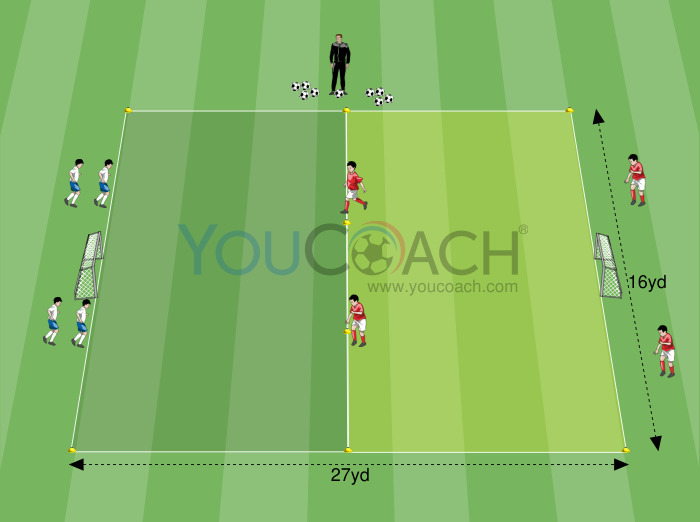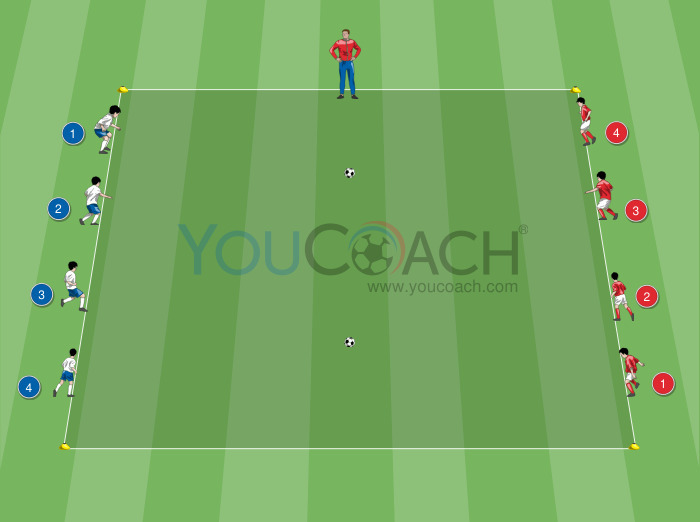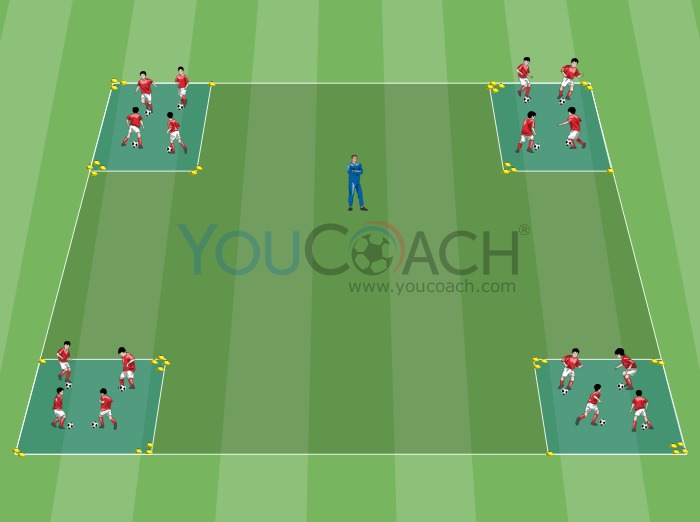The thinking distortions
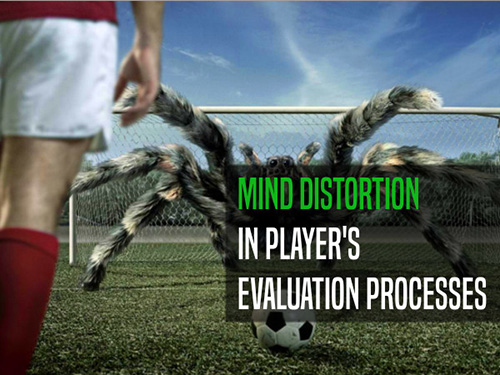
|
The article shows how evaluation processes of a competitive situation can be influenced by some reasoning modalities that push the player away from an objective analysis of reality. |
In this article we are going to see how evaluation can reflect more a subjective interpretation of facts and less an objective evaluation of reality, because of a series of reasoning distortions.
We have already told that anxiety may be mainly influenced by how we “think”, whether we are training or we are playing a match. Our thinking can therefore have the effect of increasing or decreasing anxiety. For this reason it is important, most of all, to know and learn to recognize those thinking modalities that lead us to face situations in an unfavorable way.
We talk about distortions because a person doesn’t analyze reality based on concrete evidences, through scientific analysis, but he draws conclusions that are often without basis and solid ‘evidences’ and that have the effect of increasing anxiety.
Let’s see the main thinking distortions:
- Thinking all or nothing. It is that kind of thinking that shows us everything ‘black or white’, without considering the gray scale. For example, some strikers think that if they do not shoot at goal they are a failure and that only a goal can make them esteemed players. However, even if goals in football are very important, they do not represent the happy ending to a good team player , where the actions of a single player, if coordinated to those of his team mates, are crucial. Therefore a striker can play a great match without, alas, shooting at goal (for a thousand reasons) but his performance makes him still worth of esteem.
- Disqualify or diminish. This reasoning means that the person says that everything positive (for example, experiences, their qualities, their actions) doesn’t matter. It is when a player or even a coach thinks that the victory of his team is due to fate and not to the abilities of the team itself. If positive aspects are diminished, that certainty that allows to face the game to the fullest and with enthusiasm is undermined, and as a consequence anxiety increase.
- Emotional reasoning. This thinking modality is very common among players, but it has a very negative power on performance. When the athlete or the coach “think emotionally” they are led to believe that the outcome of the match is going to be of a certain kind, often negative, because they ‘fell it”.Therefore if there is a certain anxiety, it can be read as an ‘omen’ of a lost, neglecting instead any evidence to the contrary. Playing as if they have already lost, with all the emotional connotations and of the performance, may most likely lead to the ‘omen’ come true.
- Mental filter. It is to wrongly pay attention only to a negative detail, without a overall view. The player or the coach could play attention only to a certain action performed, without considering the overall development of the game. That
- Mind reading. It is when you wrongly think you know what others are thinking, excluding other possible and maybe even more likely explanations. A player may think “I don’t understand why the coach leaves me on the bench, he should know how much I want to play this match”. Or even, a coach could think of a player “I don’t understand why a player keeps making that mistake. He should know that this is not good”. These thoughts lead to take some things for granted, that however are not clearly made explicit, and they leave room to misunderstanding. That can produce negative emotional states that affect performance. It is important therefore to talk, confront and most of all not be afraid of repeating what has been already said…repetita iuvant!
- Overgeneralisation. It is that kind of thinking that draws negative conclusions that go beyond the single situation.An overgeneralization could be when, after a terrible match the coach thinks that the team won’t be fit for the whole championship. Or when a player after some mistakes on the field, thinks he is not appropriate.
- Tunnel view. It is that kind of distortion that makes you highlight only the negative aspects, without considering the positive ones. It is quite common that among coaches that keep underlining the mistakes of their team, without highlighting also positive actions. Even in this case the effect is on the players that can think they are playing bad, leaving room to negative feelings and increasing anxiety. Underlining instead positive aspects can instill a sense of security in the player, diminishing his anxiety. At the same time, it acts as ‘reinforcement’ to those correct actions, suggesting which game modalities can be effective.

It is important to underline that these thinking modalities not only promote anxiety, as already stated, but in turn, they can be promoted by anxiety itself.
The invitation is therefore addressed to rationality and to the ‘science’ of our way of thinking, to reduce the risk of having such a high level of anxiety that could hinder game situations.
The metaphor that can be useful is that of a detective who has to solve a case. Let’s imagine he has to discover who has robbed in a certain jewelry store. His task is to collect proofs for the prosecution (ex. presence of fingerprints, movements of the suspect, etc.), but also proofs against the prosecution, such as the alibi.
It is therefore crucial to actually think about what happens inside the field, considering all aspects, both positive and negative, and review the situation as objectively as possible so that one can draw realistic and reasoned conclusions.



